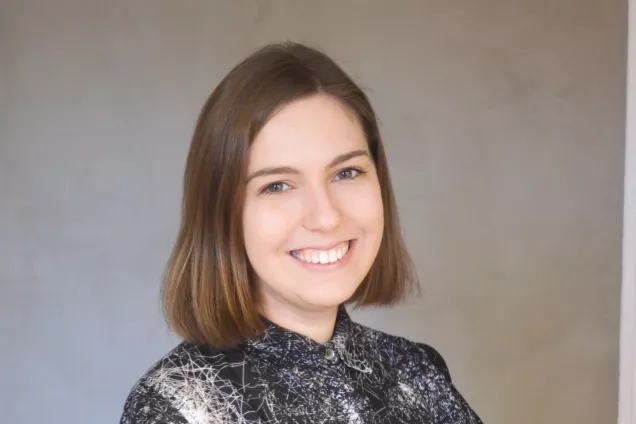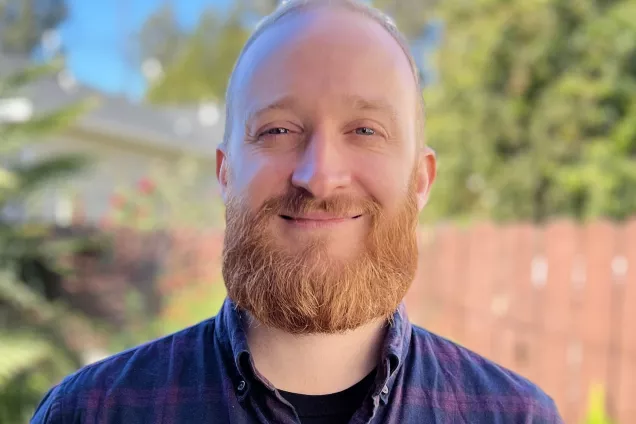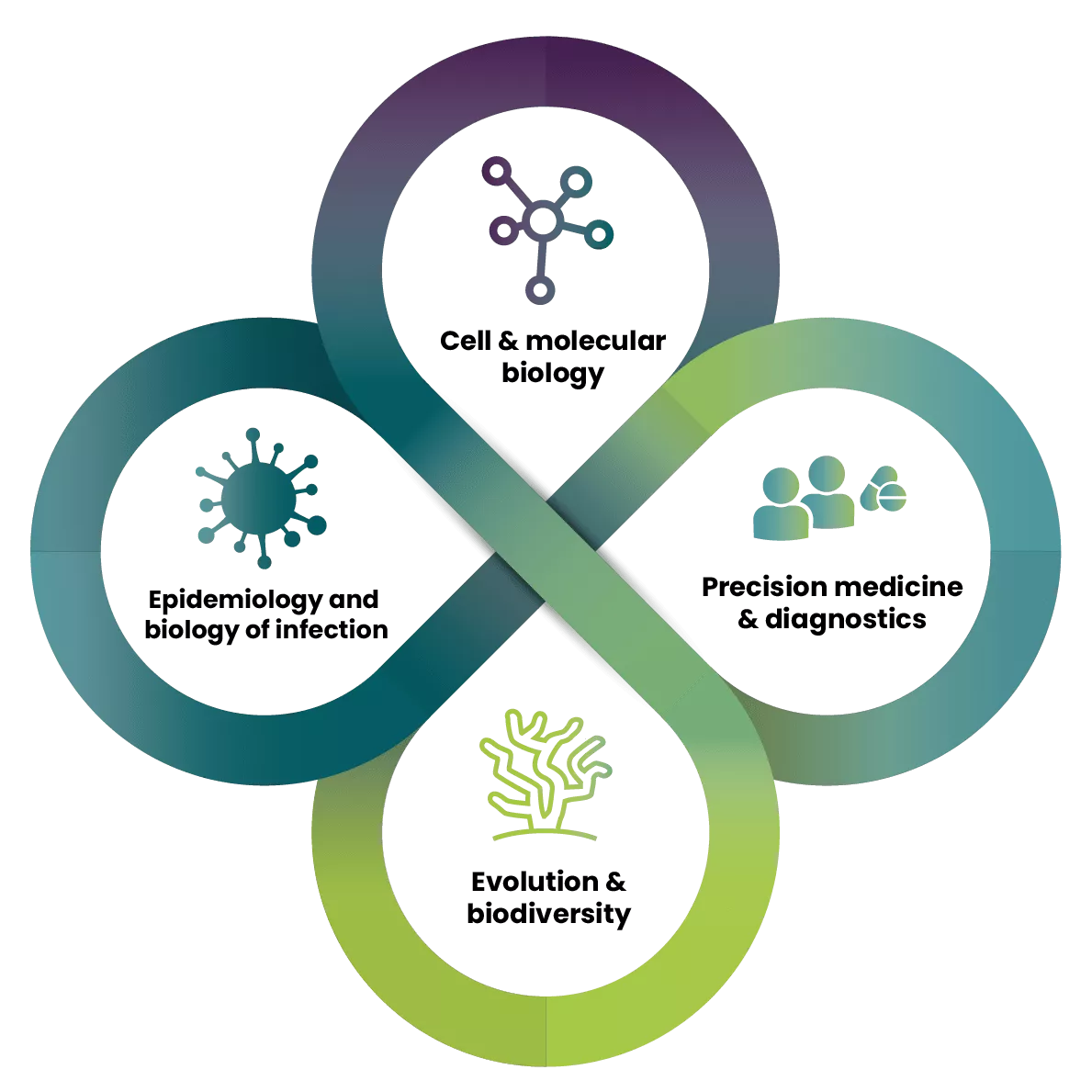What is your background?
I am is a DDLS fellow and group leader of the Systems Immunology Lab at Lund University. I am originally from Brazil, where I obtained my BS and MSc (Federal University of Rio Grande do Sul, in Porto Alegre, Brazil). I obtained my PhD in Immunology at Roswell Park Comprehensive Cancer Center (Buffalo, USA) and with a short stay at Institut Pasteur (Paris, France), where I investigated how sex hormone signaling influences immune responses in cancer and during infections. Thereafter, I joined Karolinska Institutet (Stockholm, Sweden) as a Marie Skłodowska-Curie Fellow, and utilized computational methods to understand human antiviral immunity. In 2023, I started my own group at Lund University using systems immunology as a data-driven approach to decipher how biological sex impacts human immunity and disease susceptibility.
In what research area do you work and what are your main aims?
We investigate how biological sex impacts human immunity using systems immunology approaches. Generally, females mount more robust immune responses than males, resulting in lower severity of infections, decreased frequency of cancer, but increased prevalence of autoimmunity. Yet, we do not fully understand the precise mechanisms that underlie such sex discrepancies. My lab combines high throughput multi-omics technologies with state-of-the-art computational methods to understand mechanisms of sex differences in human immunity.
What are the strengths of your research group?
We are now in an era of unprecedented technology development, where the combination of high throughout technologies, longitudinal sampling and clinical data allow for a deep and comprehensive characterization of human health and disease. The future of medical research relies on the ability of scientists to bridge biomedical and computational expertise to deconvolute such complex layers of molecular data and pave the way for delineating novel therapies for infectious and immune-related diseases. Our lab’s strength relies on our ability to combine unique wet and dry lab expertise in systems immunology to bridge this gap, and better understand the emergence, mechanisms, and consequences of sex differences in human immunity.
What is the significance and impact of your research?
Infectious and immune-mediated diseases constitute a high economic and health burden worldwide, which has been recently exemplified by the COVID-19 pandemic. The most common treatment for respiratory infections is supportive care rather than immune modulation. Thus, there is currently an urgent need for the development of immunotherapies against infectious agents to reduce infection-associated death and morbidity. Uncovering the mechanisms underlying sexual dimorphism in immunity is essential to understanding both infectious and immune-mediated diseases, as well as to better design, optimize and individualize immunomodulatory therapies.
Contact details
Camila Consiglio, PhD
Assistant Professor
Department of Laboratory Medicine
Data-Driven Life Science (DDLS), Lund University
Lund Stem Cell Center
Lund University
Faculty of Medicine
Division of Molecular Hematology
BMC B12, Sölvegatan 17
221 84 Lund, Sweden
Affiliations
- SciLifeLab
- Lund Stem Cell Center
Website and Social Media





